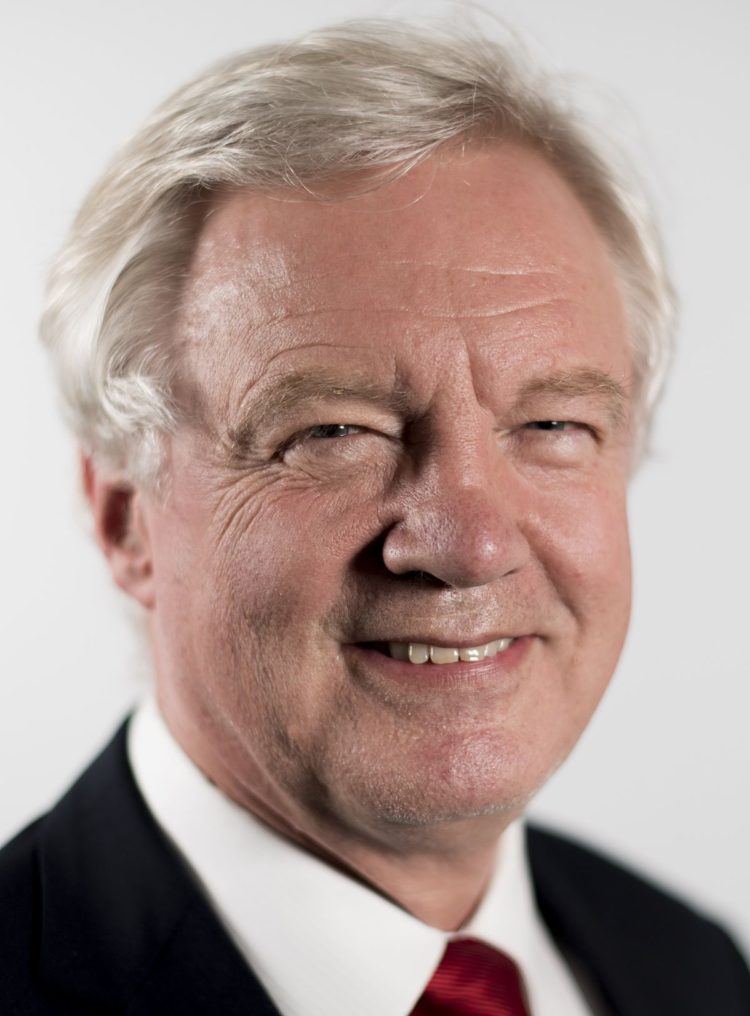By Ben Kerrigan
Brexit Secretary David Davis, the former UK negotiations leader, has resigned from the British government. His shock resignation may spark chaos for Theresa May’s government, as many other disappointed Mps voice their objections to the current state of play between the Uk and The EU over Brexit
Dominic Raab, the former Housing Minister, said he was no longer the best person to deliver the PM’s Brexit plan – agreed by the cabinet on Friday – as he did not “believe” in it. Davis said the “career-ending” decision was a personal one but he felt the UK was “giving away too much and too easily” to the EU in the negotiations. Brexit minister, Steve Baker, resigned too, and there are worrying rumours that there may be more to come.
In his resignation letter, Mr Davis told Mrs May that “the current trend of policy and tactics” was making it “look less and less likely” that the UK would deliver.on the mandate of the referendum and on our manifesto commitment to leave the customs union and the single market”.
He said he was “unpersuaded” that the government’s negotiating approach “will not just lead to further demands for concessions” from Brussels.
“The general direction of policy will leave us in at best a weak negotiating position, and possibly an inescapable one.” Davis’s outlook on the current EU negotiations conveys a bleak outcome for Brexit in 2019 under current terms of the ongoing talks.
SORRY
In her reply, Mrs May said: “I do not agree with your characterisation of the policy we agreed at cabinet on Friday.”
She said she was “sorry” he was leaving but thanked him for his efforts in shaping the UK’s departure from the EU..
Mr Davis told BBC Radio 4’s Today programme that he had objected to Theresa May’s plan at the Chequers meeting, telling cabinet colleagues at the outset that he was “the odd man out”.
There have been differences within the Conservative Party over how far the UK should prioritise the economy by compromising on issues such as leaving the remit of the European Court of Justice and ending free movement of people.




